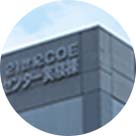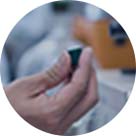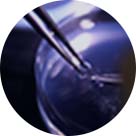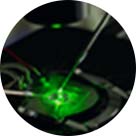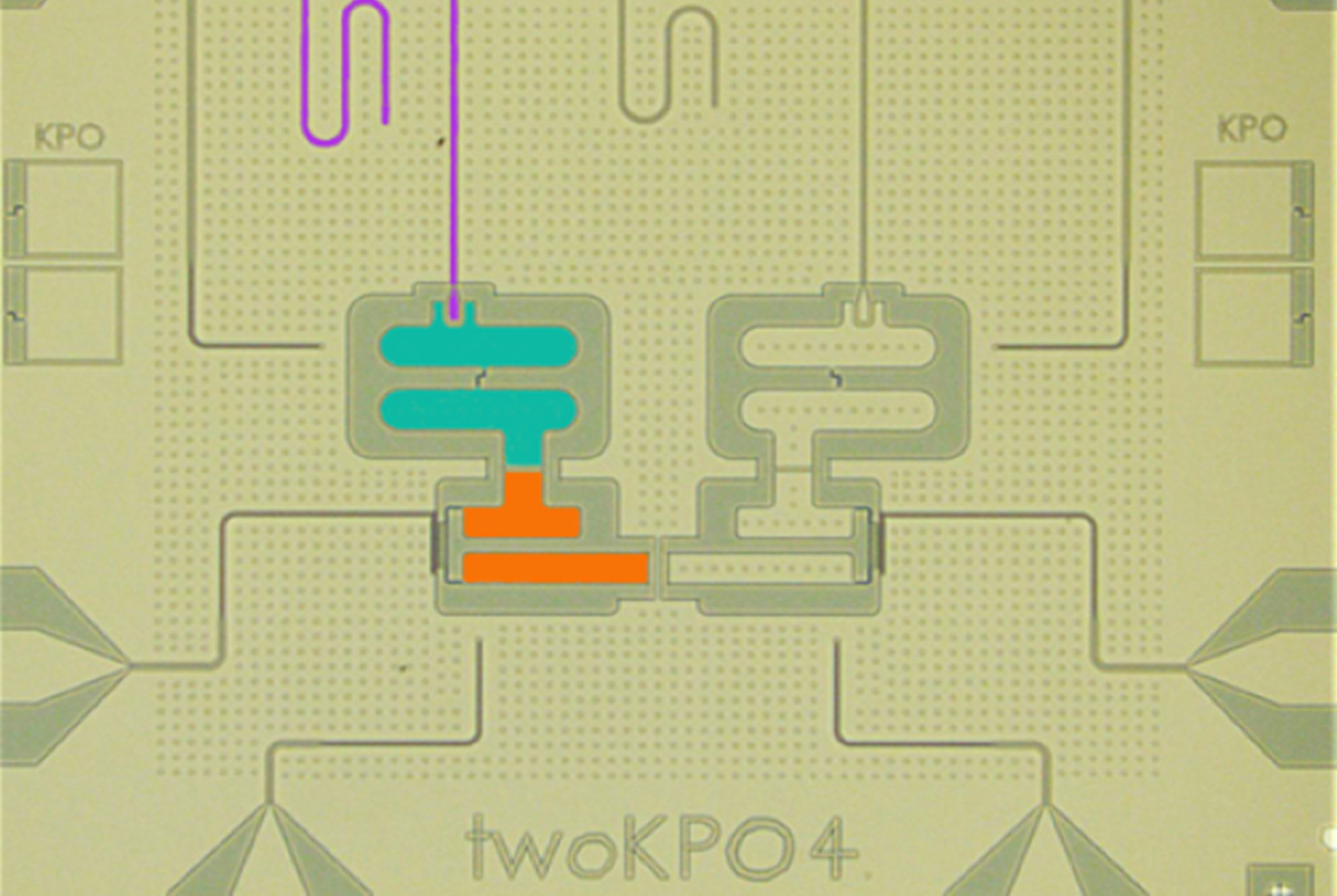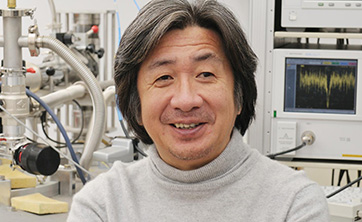Nanotechnology and its applications to quantum information and electronics
Background
In recent years, demonstrations of quantum supremacy by Google and later the University of Science and Technology of China, the establishment of IBM’s commercial quantum computer, and the D-Wave System’s large quantum annealing machines, quantum information processing has made remarkable progress. All of the above systems are based on superconducting qubits, but quantum computing systems based on other systems such as ions, cold atoms, semiconductors, and light are also being actively researched around the world.
Our targets
Our division mainly investigate the superconducting qubit. Qubit cause errors like ordinary classical semiconductor circuits. Malfunction of the qubit also would come from the breakdown of the quantum superposition state. Such phenomenon is called decoherence. The fault-tolerant quantum computer would be realized by employing a quantum error correction procedure, and it would deliver truly practical applications. The division plans to carry out research of several kinds of fault-tolerant quantum circuits
with superconducting qubits. It is expected that the fault-tolerant quantum computer would appear by 2050, and we would try to contribute to its realization.
In this division, we have succeeded in developing a novel qubit called a superconducting bosonic qubit and have shown that it is a scalable quantum information processing platform. In the future, we are planning a demonstration experiment of quantum error correction using these qubits.
Integrability and operability are the advantages of superconducting qubits, and it’s disadvantage, the short coherence time, have been significantly improved in recent years. Beside the superconducting qubit, qubits based on other physical systems, like photon, ion, cold atom and electron spin in quantum dot have been investigated. In our division, optical qubit is also being investigated, along with the superconducting qubit.
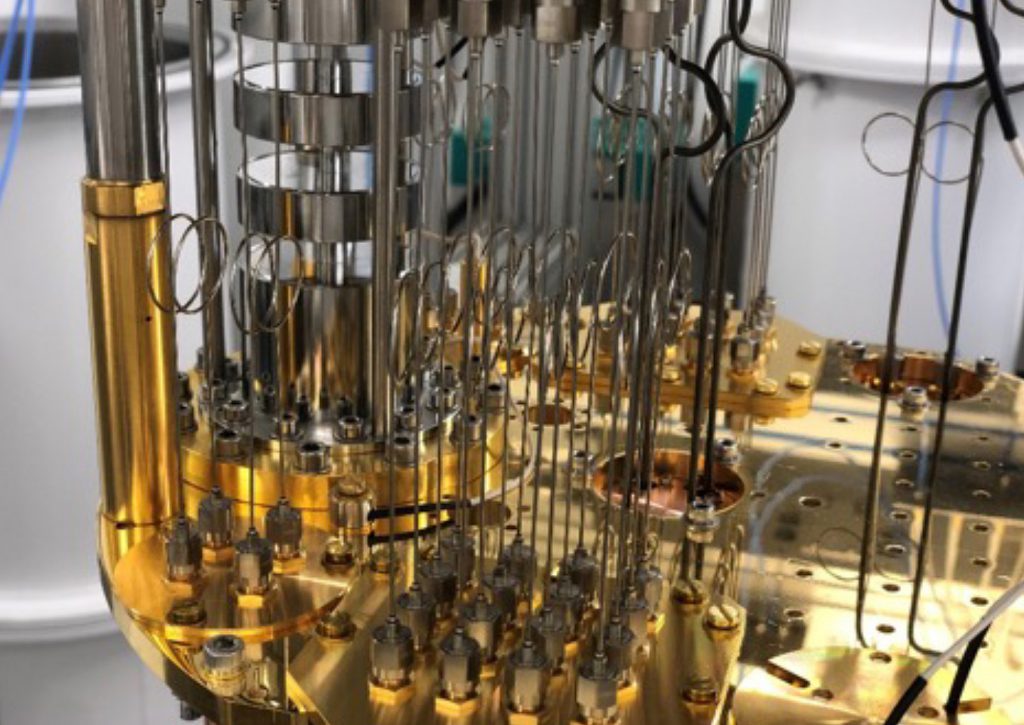

Fig. 2 2-bit quantum logic gate. Two transmon-type qubits (cross-shaped structures) are connected by a superconducting resonator.
Moonshot Research & Development Program
The research subject “Developing bosonic code using superconducting resonator” was adopted to the government moonshot research & development program in 2020. The program leader is Dr. Tsai and Drs.
Yoshihara, Takayanagi, Watabe and Hashizume join this program.
This program continues until 2025(https://ms-iscqc.jp)
Collaboration with the University of Tokyo
Other research activity of the division is the collaborated one with the University of Tokyo. The partner organizations are the Institute for Nano Quantum Information Electronics(http://www.nanoquine.iis.u-tokyo.ac.jp/) and Quantum Innovation Co-creation Center. The research subject is quantum optics utilizing single photon. Drs. Sanaka, Sadgove, join this activity.


